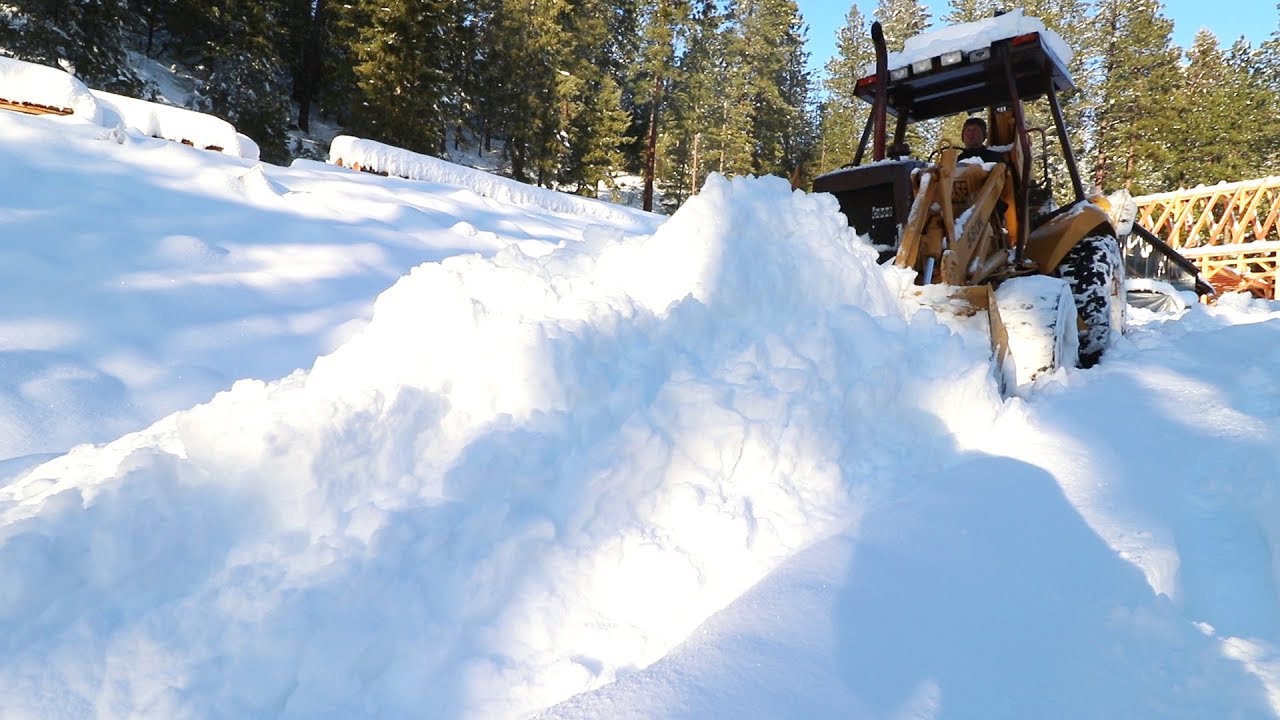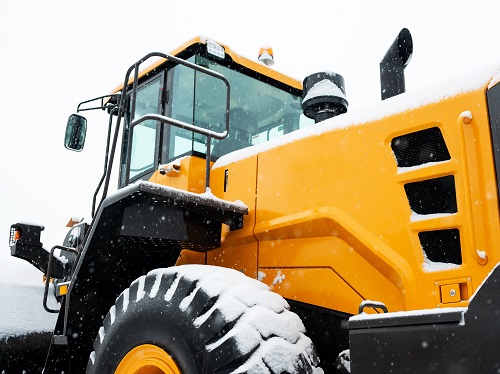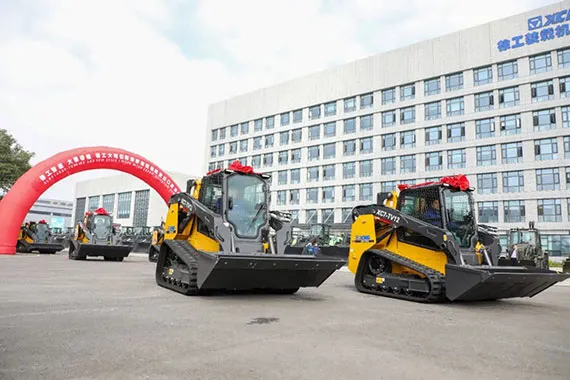4 Must-do Steps to Prepare Your Equipment for Winter
Winter is coming to the northern
hemisphere, and that means it’s time to get your equipment ready for months of
colder weather and, in many places, snow and ice.

Getting equipment ready for winter
1. Inspect equipment
Tom Turner, Product Operations Manager at
Kubota Construction Equipment emphasizes the need for regular inspections.
Cold temperatures can take a toll on belts,
hoses, fittings, and other hardware. Tires and tracks must also be monitored
for weather-related issues. Winter-specific tires and tracks can improve
performance.
Clean the undercarriage to remove not only
dirt but also snow, ice, and salt. Be sure to allow the machine to thoroughly
warm up before starting work. “Adding a block heater will reduce warm-up time
and heat the cab more efficiently.”
2. Replace fuel and fluids
Mike Fitzgerald, Product Specialist at
Bobcat, stresses the need to give diesel exhaust fluid attention. DEF will
freeze at approximately 12 degrees Fahrenheit. DEF lines have heating elements
in them, but it’s only sufficient to keep fluid DEF flowing; it’s not enough heat to thaw frozen lines.
On shutdown, the DEF pump will cycle to
evacuate fluid from the lines and return it to the tank to minimize frozen DEF
in the lines. DEF in the tank will freeze, but it is thawed by engine coolant
during the machine’s warm-up period. Emissions regulations allow a grace period
for the engine to operate without DEF long enough for the tank to thaw.
Fitzgerald also says while #2 diesel is
fine in summer, a 50/50 blend of #1 and #2 is recommended for colder
temperatures and straight #1 for sub-zero conditions. Fuel additives can help
ensure fuel flow in cold weather.
Both experts repeat the requirement for
proper fluids including coolant, engine and hydraulic oils, and grease. Keeping
the fuel tank full will reduce condensation. While an NLGI #2 grease is fine in
warm weather, synthetics work best in the cold.

3. Consider cold weather add-ons
Brad Stemper, Director of Product
Management, North America, CASE Construction Equipment says that many machines
have some package or option that provides added features for cold weather
operation. Whether standard or optional, look for things like engine block
heaters, heavy-duty batteries, grid heaters, fuel filter, and water separator
heaters, DEF blankets and heaters, rear defrosters, and more. These features
incorporated at the time of purchase are going to make the transition to cold
weather operation easier.
4. Prioritize operator comfort
One thing we often forget about as we
transition to winter is that it’s not just about the equipment, it’s also about
your operators that will also be working in the elements. “I highly recommend
having equipment outfitted with as much lighting as possible as the days get
shorter,” says Stemper.
For further operator comfort, check cab
seals, look for cracks in mirrors and make sure windshield wipers are working
properly. Check and blow out the cab air filter. “Options like heated seats
help, too.” Take time before the season starts to do these checks.



















